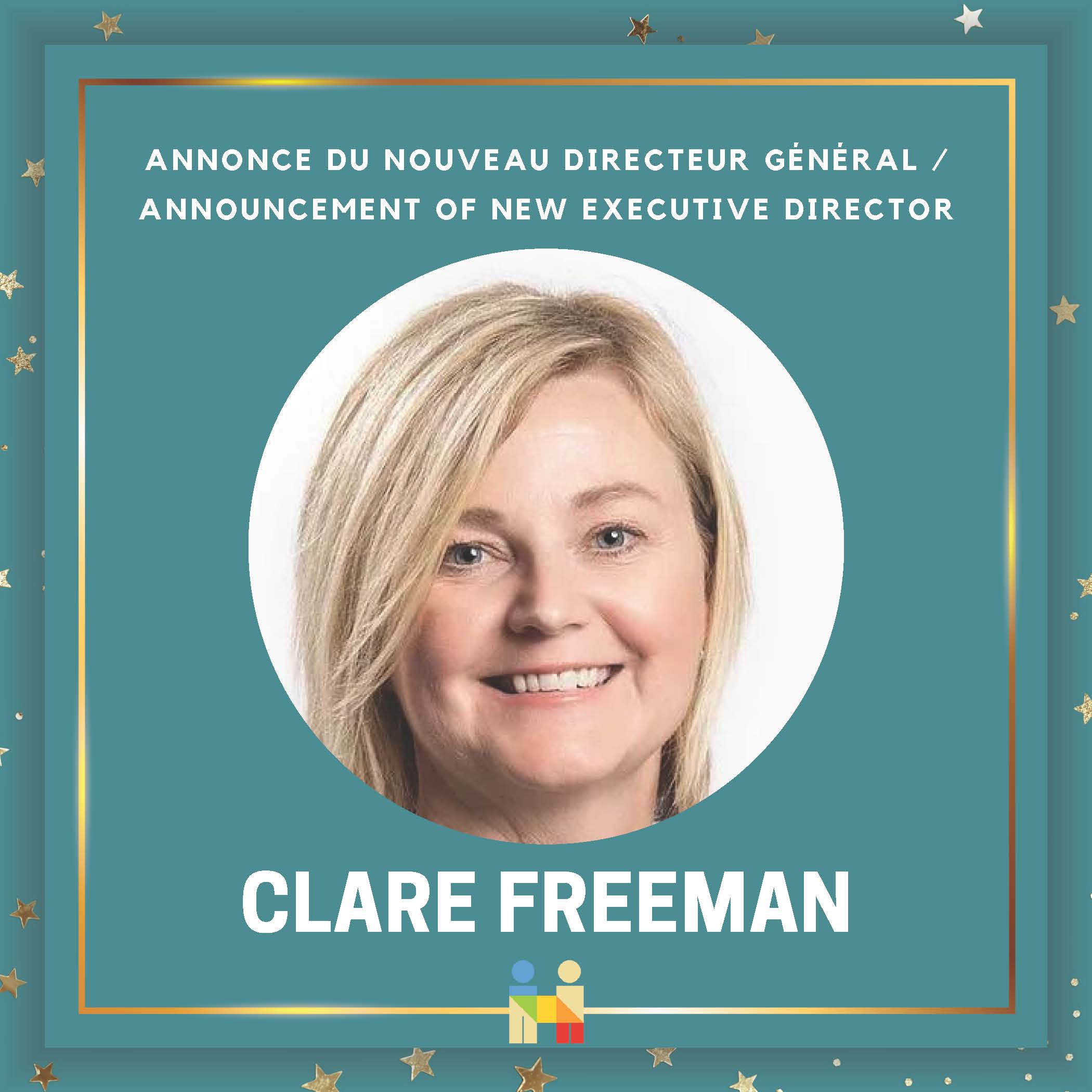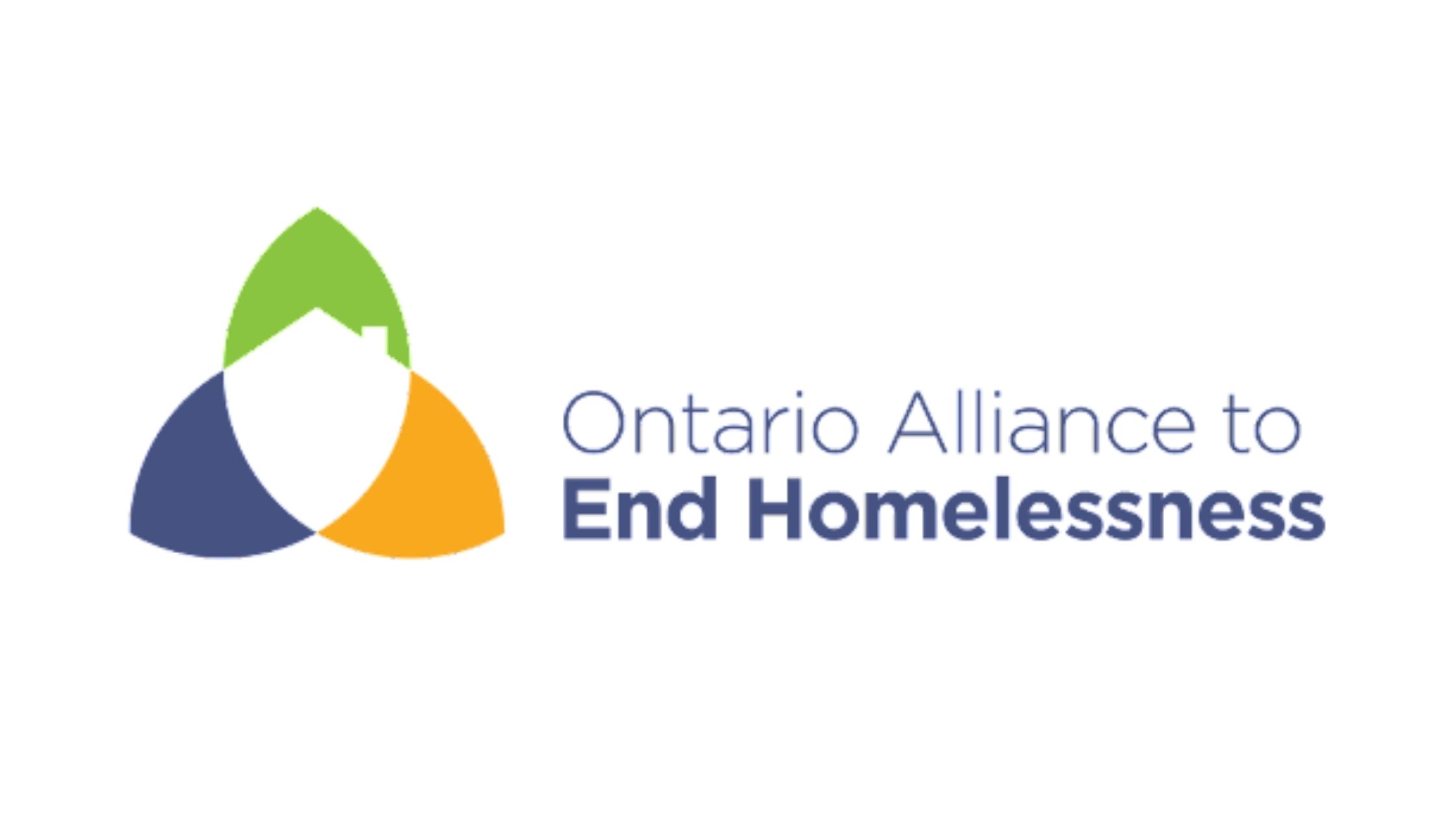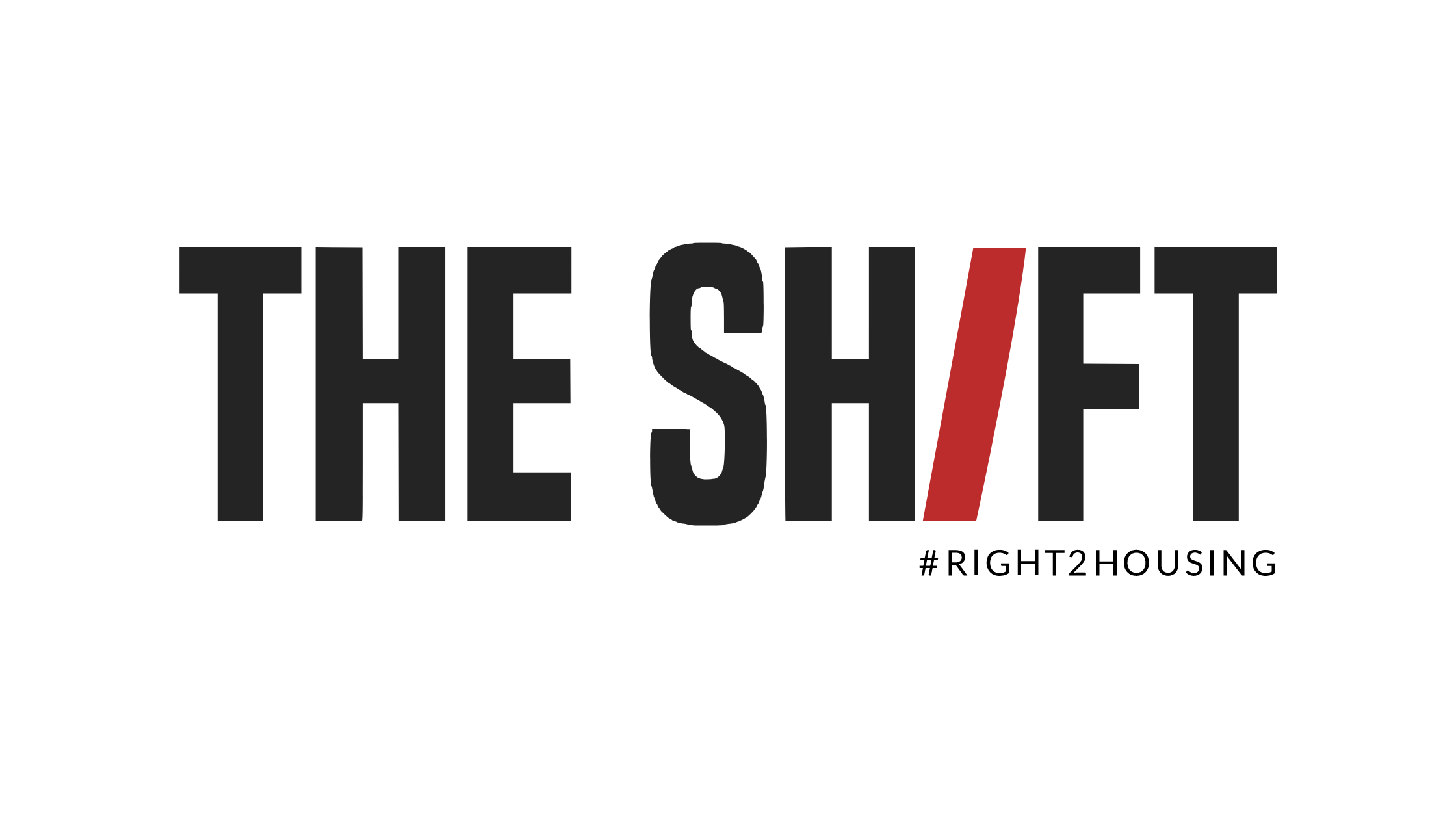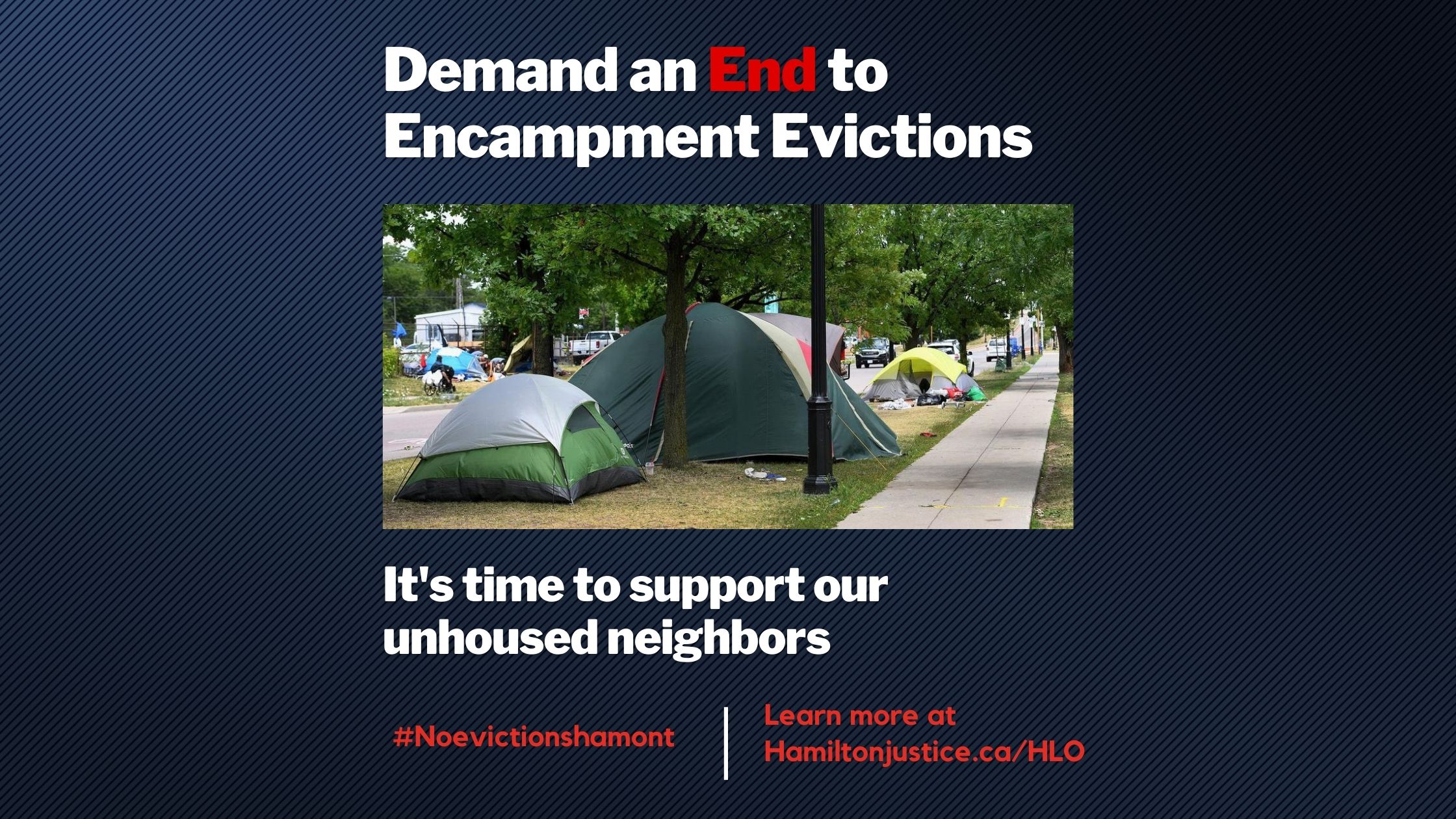
Today is International Overdose Awareness Day (IOAD).
At HCLC, we pause to grieve for the lives lost and to offer compassion to those who continue to struggle. We stand with their loved ones, knowing that each life lost is a profound tragedy that underscores the urgent need for meaningful legal, health and social reform.
“For those who use drugs and those who don’t. For heartbroken friends and family members of lost loved ones. For activists who fight for sorely needed policy reform. For healthcare and harm reduction workers. For tireless advocates. Overdose can affect anyone, and we encourage you to remember the tenacity of our community. Lean into the power that we can have when we work together.” – IOAD Campaign. OverdoseDay.com
The evidence from countries like Portugal, the Netherlands, Switzerland, and others shows that decriminalizing drugs, combined with comprehensive health and social programs, leads to significant reductions in overdose deaths and improvements in public health. In Canada, we face an escalating overdose crisis that demands urgent and innovative solutions.
It is time for Canada to recognize that punitive laws and criminalization are not effective in addressing substance use disorders. It is time for Canada to know the housing affordability crisis, health crisis and systemic inequalities are compounding the Overdose crisis. Instead, Canada’s leaders and communities must focus on a legal public health reform and approaches that prioritizes harm reduction, treatment, and social support. By decriminalizing the possession of drugs for personal use and investing in comprehensive social programs—including access to affordable housing, mental health services, and addiction treatment—Canada can create an environment; like Portugal, the Netherlands and Switzerland, where individuals are supported, not punished.
We call on Canadian policy makers to adopt proven strategies from around the world. By implementing these legal and social reforms, Canada can reduce overdose deaths, improve the lives of those struggling with substance use, and create a more compassionate and effective approach to drug policy. Each life lost is one too many.
For more resources, information, and ideas on how you can support: overdoseday.com/
For more information about HLO: HamiltonJustice.ca/community-justice/mental-health-substance-involved-justice
Recipients of Ontario Works (OW) or Ontario Disability Support Program (ODSP) may be eligible to obtain a cooling device (such as an air conditioner) as a discretionary benefit.
As the frequency of extreme heat events occurs, the need for cooling devices increases. Those without access to cool spaces during extreme heat events can be subjected to prolonged exposure. Such exposure can cause loss of internal temperature regulation which can lead to various negative health effects or, in some cases, death.
The impacts of extreme heat events disproportionately effect certain vulnerable populations, such as the elderly, low-income earners, and individuals with existing health vulnerabilities.
Learn more, including eligibility requirements and restrictions, in OW and ODSP Discretionary Benefits and Cooling Devices (PDF). This is a resource developed by the Canadian Environmental Law Association.



February 1, 2023
Last Friday, the Ontario Superior Court of Justice released its long-awaited decision on the Region of Waterloo’s Application to remove individuals from a homeless encampment. The Court held that the Region could not remove people from the encampment without violating their right to “life, liberty and security of the person” guaranteed by the Charter of Rights and Freedoms.
The Superior Court made the following factual findings:
We have repeatedly raised the very same issues with the City of Hamilton and continue to do so in the Charter Application currently before the Superior Court about encampments in Hamilton. We are confident that when our case is heard, the Superior Court’s judgment in the Region of Waterloo case will be followed for Hamilton.
Until the City can provide encampment residents with immediate, permanent and supportive housing, any kind of encampment eviction violates the Charter. In addition to violating the rights to life, liberty and security of the person, encampment evictions discriminate against unhoused Indigenous and racialized individuals, women, people with disabilities, the 2SLGBTQIA+ community, and families. Until the City invests in and delivers permanent, affordable housing and related supports, the Charter requires the City to permit people to use tents and other survival materials.
Instead of complying with the Charter and taking meaningful and concrete steps to respond to these longstanding concerns, the City continues to rely on By-law enforcement and eviction, and on pouring resources into fruitless litigation that could be spent on affordable housing.
Indeed, the City has just recommended hiring two additional Municipal Law Enforcement Officers, at an annual cost of $277,000.00, and two Hamilton Police Services officers at an annual cost of $268,646.00 (see agenda item 10.4). Policing continues to be a violent and inappropriate solution to the lack of affordable housing. We oppose it unequivocally.
The City’s own Report arising from consultation sessions states “encampment evictions have profoundly negative impact on people’s physical and mental well-being.” The Superior Court reached the same conclusion. It remains to be seen whether Council will finally acknowledge these profound harms, move away from By-law enforcement, and focus on the creation of affordable housing.
The Hamilton Community Legal Clinic, Hāki Chambers Global, Ross & McBride, and the Community Legal Clinic of York Region, continue to challenge the City’s discriminatory approach to encampments and unhoused residents in Court, until such time as Council takes steps to remedy the harm the City has caused to houseless residents.
For media inquiries please contact:
Sujit Choudhry: (416) 436-3679, (917) 683-1380
Sharon Crowe: (437) 218-2364
Ashley Wilson: (905) 572-5833
On November 24th, 2022, a hate rally was organized in response to a family-friendly Drag Storytime event being held at the Terryberry library. Unfortunately, in response to the organization of this event, a small group of bigots gathered in an attempt to disrupt and protest. The words and actions of this group were in line with the rising tide of violence and hate that Queer communities across Canada are facing. Their allegations against the organizers, talent, and Queer community more broadly, have no basis in reality, and are irresponsible, ignorant, and dangerous. The Queer Justice Project and the Hamilton Community Legal Clinic condemn this hateful demonstration.
Such events are displays of ignorant bigotry that are putting our Queer communities in danger. It must not rest solely on Queer communities to bear witness, defend against, and call out this pattern of hate and violence. For our community at large, who might be just engaging with issues impacting the Queer community, we encourage you to take advantage of numerous educational and informational tools that can accessed online, including through the Hamilton Public Library. Queerness challenges and calls on all of us to reconsider beliefs and realities about more than just gender and sexuality but about how we love and live alongside each other in ways that respect and celebrate differences. All members of our community should rise to that challenge out of a shared spirit of love and acceptance – and not hatred and violence.
View the full statement on anti-2SLGBTQ+ action at Terryberry library
Press ReleaseFOR IMMEDIATE RELEASE
July 28, 2022
PRESS RELEASE
Earlier this year, Constable Brian Wren was charged with assault. Police service said it received a video from a business and a citizen after police arrested a suspect in a stolen vehicle investigation. Police said the officer’s use of force led to a criminal investigation.
Const. Brian Wren was immediately suspended and now also faces an assault charge. His first court appearance was July 21.
The individual assaulted and harmed is a member of the City of Hamilton Indigenous community. Members of the Indigenous community are very concerned that this appears not to be an isolated incident. This is the second time this has happened to this individual. The Hamilton Regional Indian Friendship Centre has justice related programs and reports that these types of allegations of aggressive police behaviours are frequent. This particular assault needs to be taken seriously, and major changes need to be made to not only protect our Indigenous relatives but also help protect our relatives of colour, members of various other ethnic backgrounds and members of other marginalized groups.
A full press release will take place on Tuesday August 2, 2022 at 1230pm in front of Hamilton Police Services downtown central location at 155 King William Street, Hamilton Ontario with members of Indigenous leadership, Indigenous community members and our friends and allies.
In solidarity.
January 21, 2022
FOR IMMEDIATE RELEASE
Hamilton Community Legal Clinic’s Response to Councillor Nann’s Motion Re: Encampment Response
Hamilton Community Legal Clinic welcomes Council’s vote to change the way it responds to encampments. Specifically, the City has agreed to consult with community stakeholders, including front line services working with the unhoused population, those with lived experience, and the health sector, to create a “human rights based, health focused approach to housing”. A copy of the motion can be reviewed by clicking here.
We have always encouraged this type of collaboration and person-centred approach.
Tackling the issue of homelessness and some of its root causes can seem like a monumental undertaking. There are, however, immediate alternatives to encampments evictions which do not require significant funding changes: revising and unifying shelter service restriction policies so that fewer people are unnecessarily banned from shelters, temporarily suspending by-law enforcement, and allocating existing emergency funds to affordable housing projects like tiny cabins (which have already been established in various municipalities).
We are pleased to see the City signal a willingness to engage in an open dialogue on an incredibly important matter. We encourage the City of Hamilton to prioritize these discussions and resolution in light of the urgency of the ongoing pandemic, shelter and housing crisis.
We are hopeful that the newly formed committee results in solutions that address and eradicate the harms associated with homelessness and evicting encampment residents.
For a copy of this letter, please click here: Statement


Clare has worked in the non-profit sector for approximately 19 years as an Executive Director. She has extensive experience in leadership, strategy, public relations, advocacy, and management. She has served on many local, provincial, and national boards and committees, and is deeply committed to giving back to her community through her engagement with numerous social justice initiatives.
Since 2015, Clare has served as the CEO of Dr. Bob Kemp Hospice and bereavement services. Additionally, her past roles include Executive Director, Interval House of Hamilton; Counselling Coordinator, Sexual Assault Centre of Brant; and Continuing Education Professor of the Child and Youth Program, Mohawk College. She obtained her Bachelor of Sociology from the University of Western, as well as her Master of Social Work from York University.
Clare is a passionate and rights-based social justice advocate, and embodies the principles and values that the Hamilton Community Legal Clinic stands for. She will brings a wealth of experience from the organizations she has worked for in the past that will be of benefit to the Hamilton community.
We would like to congratulate Clare on her new role and look forward to continuing to fight for access to justice under her leadership.
We also extend our deepest gratitude to Hugh Tye for his exceptional leadership as our Executive Director over the past 26 years.
The Board of Directors
Hamilton Community Legal Clinic


August 30, 2021
RE: Encampments in the City of Hamilton
We, the Ontario Alliance to End Homelessness, have worked together to present to you a path forward to ensure that the actions taken by the City of Hamilton to remove people from encampments end and that the City uphold the encampment protocols created as the result of the Encampment Task Force. Using armed police officers on horseback and in riot gear as we have seen in Toronto, and removing residents who are vulnerable to the unaffordable housing market due to inadequate social supports, has no place in a caring, compassionate society. Instead, we must commit to taking a human rights compliant approach toward housing encampment residents that is co-created with encampment residents.
A tent in a park is no one’s first option, and we understand that parks cannot be a permanent housing solution. However, the forcible removal of encampment residents must end. This inflicts further trauma on already vulnerable Torontonians and does not address the issues you are trying to solve. This approach just relocates people to another park, underneath a bridge, or, worse, back to an unsafe living situation that led them to a tent in the first place. We believe there is a better way. A coalition of poverty and homelessness organizations and advocates, including those with lived experience in encampments and shelters, housing advocates and experts, have worked together to present the following recommendations and we strongly urge the City of Hamilton to uphold its commitment to the protocols in place to address people living in encampments.
A Human Rights Compliant Approach toward Residents in Encampments:
1. Provide safe indoor shelter and housing opportunities for residents of encampments that ensures the safety and dignity of encampment residents and frontline staff. This should be done using a collaborative approach that includes consultation with relevant staff, organizations serving the homeless population and focused on the right to housing and, most importantly, residents with lived experience of homelessness.
2. Ensure that all City directed activity and programs related to encampment abide by the National Protocol for Homeless Encampments in Canada.
3. Recognize that residents are rights-holders who have the ability to make informed decisions regarding their housing/living situation without threat of criminalization, or the use of coercive tactics or force. o This includes an immediate end to the display and use of police force and military tactics, including ‘kettling’, in encampments to intimidate, threaten, coerce, or enforce the displacement of residents.
4. Meaningful engagement with encampment residents and relevant organizations serving unhoused people to assist with navigating options regarding indoor space and housing.
• Residents must be presented with full information regarding indoor space/housing options, and have the ability to choose a space appropriate for them. In order to ensure adequacy, residents should also be allowed to request reasonable changes to indoor space/housing options on offer;
• Residents should not be subject to harassment or intimidation. They should receive appropriate supports until an indoor space/housing option has been freely selected.
5. Uphold the current City’s Protocol that was informed by the UN Special Rapporteur and lawyer Lailani Farha titled “A Human Rights Approach: A National Protocol for Homeless Encampments in Canada”
Providing a Safer and More Welcoming Space for Shelter Residents:
6 . Recognize that shelters, at present, aren’t necessarily a safer option for unhoused the City should:
• Review of existing advisory groups to Shelter, Support, and Housing Administration and establish an advisory committee of current and past shelter clients to provide advice to improve shelter operations for clients;
• Review of existing shelter and respite standards and operational practices to further enhance opportunities to provide a more welcoming environment, including, but not limited to, allowing food in room;
• Review policies that restrict shelter access, including service restrictions, for reasons that are not direct threats to the health and safety of clients or staff, provide support to help clients meet shelter expectations, and ensure that restrictions are reviewed centrally to ensure transparency and accountability;
• Ensure that clients are able to meet with a housing and health care worker within the first week of arrival to understand their needs and develop a housing and health care plan; o Independent audits of shelter operations to ensure the city’s shelter and respite policies are followed and that clients are regularly surveyed regarding their access to housing and health supports, and for feedback upon discharge;
• Ensure that clients are able to sleep and have privacy by reviewing and providing guidance on how to conduct “bed-checks” in a manner that respects client dignity and privacy while ensuring effective shelter operations;
• Provide supports to ensure nutritious meals are available for clients, as per their specific dietary needs and restrictions; and
• Affirm and ensure that the City’s policy to not permit strangers to be placed in a shared room together in shelter hotels and that clients have eligible possessions put in storage is adhered to and communicated to relevant stakeholders.
7. To encourage encampment residents to accept indoor spaces, further enhance the services and supports on-site, including:
• The provision of accessible and low-barrier harm reduction services, including Supervised Consumption Sites and Safe Supply, on location at all shelter sites;
• The provision of accessible, on-site healthcare services in partnership with healthcare agencies at all shelter locations;
• The provision of enhanced and consistent IPAC measures and staff training at all shelter locations;
• Appropriate accommodations for people living with disability specific to their individual health needs;
• More specific spaces and services appropriate to people’s identities, understanding that Indigenous, Black, and trans people are overrepresented among people experiencing homelessness;
• Ensuring the safety and security of people’s belongings, including their tents and sleeping bags.
8. The provision of full information on available shelter sites and greater transparency around the shelter system as a whole, including:
• The provision of location information, location photos, and any other relevant information regarding available shelter space as part of an offer of indoor space, and responding in full to questions and concerns regarding on-site amenities and services at specific shelter locations;
• Public updates around outbreaks of COVID-19, tuberculosis, Group A Streptococcus, and other communicable diseases within the shelter system, with outbreak sites identified by name.
9. Ensuring that shelter capacity does not exceed 90% so that space is readily available for any and all unhoused people seeking a shelter bed, understanding that the shelter system is an emergency service that must be available for anyone that needs it.
Moving Forward — toward permanent housing:
10. Through practice at the City and advocacy to senior levels of government, move away from actions that simply maintain the unaffordable private market, such as rent supplements, or rent banks. These measures should not be a primary component of Toronto’s affordable housing plan and should only be used in emergency situations.
11. Purpose-built, Rent-Geared-to-Income housing should be the City’s primary focus for affordable housing as the majority of people who are, have, or will experience homelessness are simply unable to afford rent, and are not chronically homeless.
12. Supportive housing is an important component, especially for people living with some forms of disability, mental health diagnosis, etc. Supports should be geared toward individual needs.
13. Eviction prevention needs further enhancement — people entering into housing from homelessness should have support to build and maintain an eviction prevention plan for six months to one year; as well, to lessen the number of people experiencing homelessness in Hamilton overall, the City should invest in upstream solutions like housing, but also drop-ins and housing help supports.
Thank you for your attention to this important matter that deeply affects residents of encampments, shelters, and their family and friends across Hamilton that care about their future. We hope you will present and support the above measures at the next meeting of Council and stop dismantling encampments and sit down with community stakeholders to ensure that a Human Rights based approach is upheld when supporting people living in encampments.
Ontario Alliance to End Homelessness (OAEH)

“The Shift is concerned as protections for residents of homeless encampments are rolled back in the
City of Hamilton, threatening the human rights of encampment residents. The City has announced its
intent to revoke its Bylaw Enforcement Protocol relating to homeless encampments as of 30th August
2021, leaving hundreds of people at immediate risk of eviction from their homes within encampments.
This Protocol – arrived at in an agreement between the City and encampment residents, advocates, and
community partners – provided protections against such an eviction, particularly for those with high
acuity needs. Such a revocation, in absence of ensuring access to adequate housing for encampment
residents, is inconsistent with human rights, and will likely result in deepening marginalization, trauma,
health inequities, and safety risks for these community members.”
For the full statement: Shift Statement – Hamilton – Aug 27

The City of Hamilton’s sudden decision to end the Encampment Protocol is a misguided attack on people who are already struggling to survive without adequate shelter, food, medical care, bathrooms, and potable water and without protection from the elements and threat of violence. The decision was seemingly made without meaningful consultation with encampment residents and community advocates, and fails to recognize the continuing housing and shelter crisis in Hamilton.
In the spring of 2020, Hamilton Community Legal Clinic and Ross & McBride worked with community partners to preserve people’s right to stay in encampments. This was in response to a lack of shelter and affordable permanent housing options, and the health and safety risks associated with ongoing displacement, particularly during a global pandemic. We obtained an injunction to prevent the City from forcing people to leave their tents. The injunction remained in place for approximately two months. Significant objectives were accomplished during this time: outreach agencies were able to facilitate access to healthcare and basic needs and connect individuals with much needed supports, and the risk of Covid infection and transmission was reduced.
In the fall of 2020, a settlement was reached. The settlement created an Encampment Task Force and a people-centred Encampment Protocol. The Protocol was a reasonable middle ground approach which recognized that adequate, secure affordable housing for the population must be an end goal, but forcibly removing people from their encampment without adequate shelter and housing options is harmful. The Protocol itself was informed by “A National Protocol for Homeless Encampments in Canada” authored by the UN Special Rapporteur on the right to adequate housing, Charter protected rights and human rights.
Under the Protocol, the City was required to assess the individual needs of encamped persons, which could result in their ability to remain encamped indefinitely. It also required the City to come up with individualized housing plans, and take a person-centred approach to avoid unnecessary trauma. Hamilton Police Services have been supportive in the application of this Protocol, effectively using it as a means to ensure that individual rights were engaged prior to any enforcement measures were taken by the City.
Despite the Protocol, many encampment residents continue to remain without housing, signalling the root of this problem: a lack of adequate affordable housing, long term health care supports, and safe shelter spaces. None of these fundamental root causes of homelessness are being appropriately addressed, which simply leaves unhoused residents to bear the brunt. City Council’s decision to re-enact By-laws to evict these residents will not lead to a reduction in encampments. At best, it may lead to their reduced visibility as people try to go further off-grid, and deepen the isolation of unhoused persons.
We are mindful of the brutal eviction tactics used by the City of Toronto against encampment residents. We take the position that dismantling and evicting encampment residents is an act of violence. De-escalation and acknowledgment that our community lacks the resources to resolve the encampment concerns should be the starting point for discussion. While we acknowledge that living in encampments is not a long time viable solution, the violent act of evicting and displacing residents without adequate shelter options is a violation of the right to the security of the person, equality rights and the human right to housing.
Our community at large has shown itself to be largely compassionate towards unhoused persons living in tents. The City of Hamilton has a duty to this population, along with other constituents. We call on the City to do the right thing: stop dismantling encampments and sit down with community stakeholders to come up with a new strategy that respects the human rights and dignity of the encampment residents.